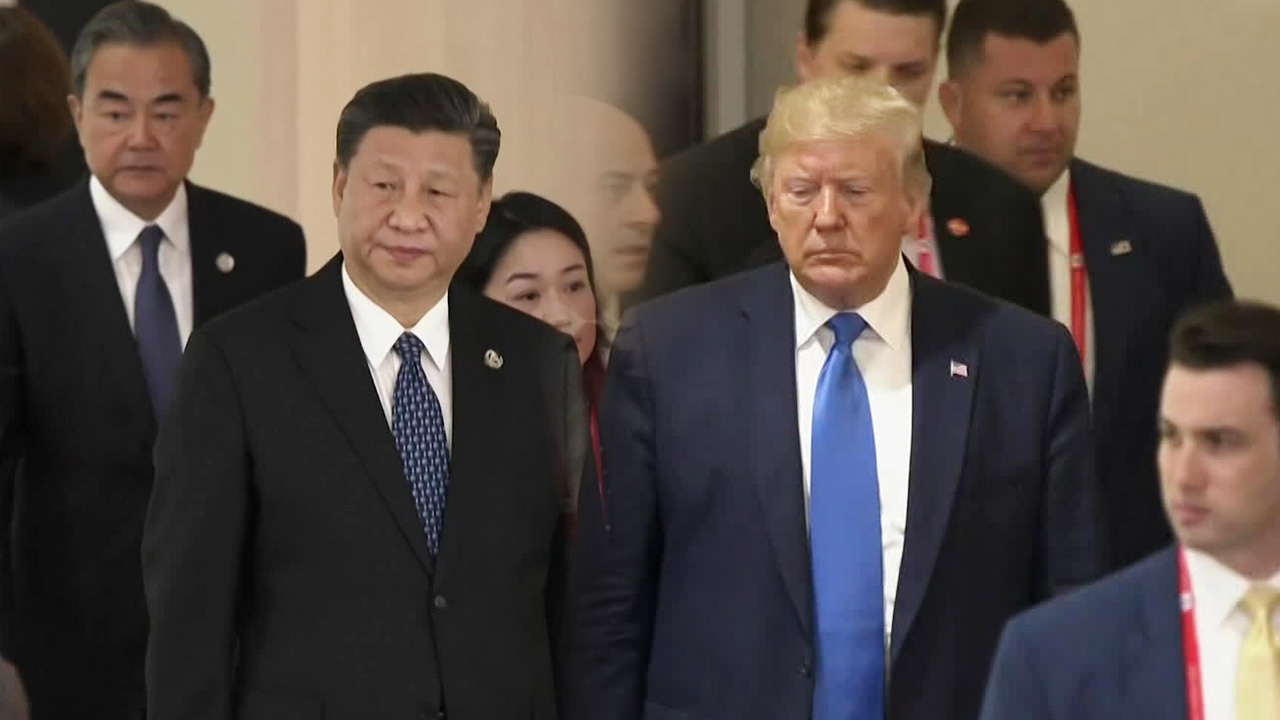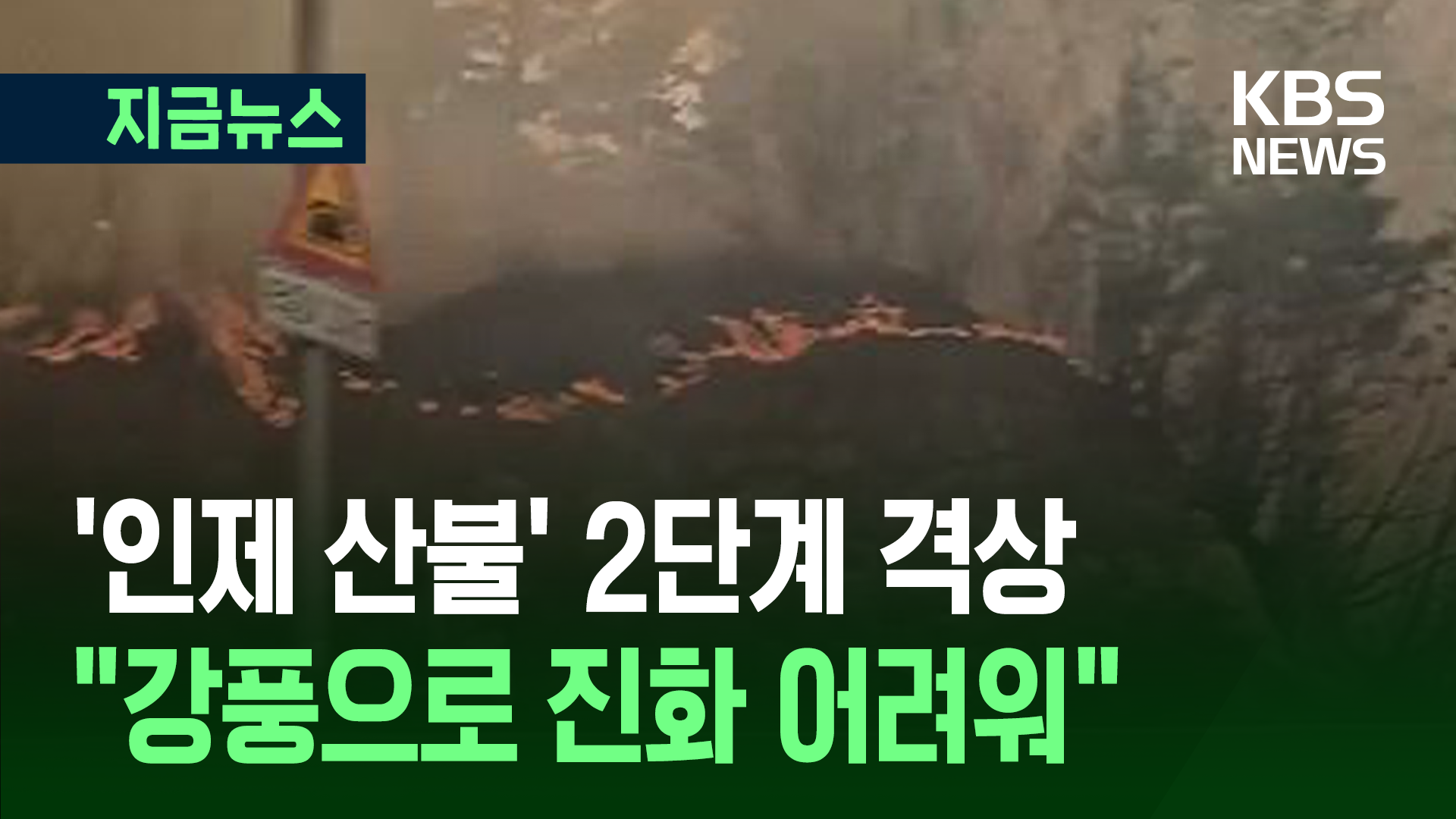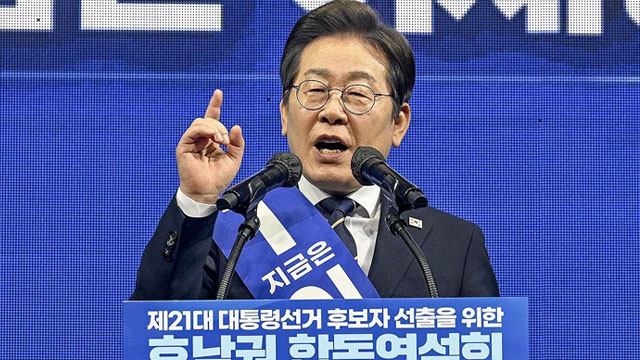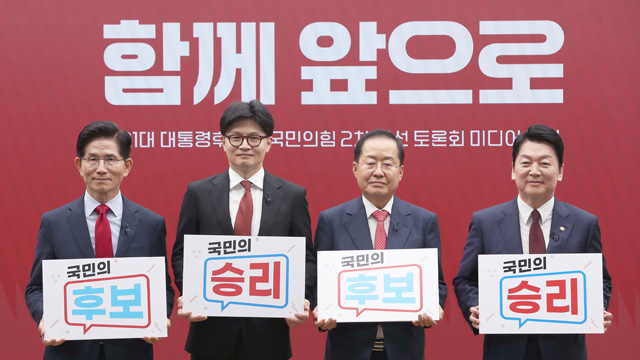Stronger U.S. tariff pressure on China
입력 2025.01.13 (03:18)
읽어주기 기능은 크롬기반의
브라우저에서만 사용하실 수 있습니다.
[Anchor]
The return of U.S. President Trump for his second term is marked by the presence of hardliners on China, signaling stronger pressure ahead.
What response cards is a nervous China preparing?
Our correspondent Kim Hyo-shin reports from Beijing.
[Report]
[Trump/Elected President of the United States/Last Year/Fox News Interview: "(You're talking about 60% tariffs on Chinese goods. Is that in the cards?) No, I would say maybe it's gonna be more than that."]
In addition to tariff pressure on China, President-elect Trump has referred to China as an 'adversarial nation,' echoing Marco Rubio.
He has placed Mike Waltz, who stated, "The U.S. is in a cold war with the Chinese Communist Party," at the forefront of his foreign and security policy line.
This indicates a hardline stance towards China.
If Trump's threats materialize and the export routes to the U.S. are blocked, there are forecasts that China's GDP growth rate could be halved.
[Liu Weidong/Researcher at the Institute of American Studies, Chinese Academy of Social Sciences: "(Trump) will have a more extreme, larger, and broader impact than in his first term."]
While Trump's influence is expected to be significant, there are also hopeful perspectives within China that negotiations could still be possible.
The problem is that China's economic strength has weakened compared to Trump's first term.
This is an apartment complex that began construction in 2014.
As the Chinese real estate market has frozen, it has been left as an eyesore for over ten years.
The volume of new apartment sales has sharply decreased every year, and most importantly, consumer sentiment has contracted.
The Chinese government is pouring out stimulus measures, struggling to maintain a 5% economic growth rate.
In the Trump era, if China finds itself cornered, it may resort to drastic measures such as restricting raw material exports, leading to a second trade war, which is a concerning point for South Korea as well.
This is Kim Hyo-shin from KBS News in Beijing.
The return of U.S. President Trump for his second term is marked by the presence of hardliners on China, signaling stronger pressure ahead.
What response cards is a nervous China preparing?
Our correspondent Kim Hyo-shin reports from Beijing.
[Report]
[Trump/Elected President of the United States/Last Year/Fox News Interview: "(You're talking about 60% tariffs on Chinese goods. Is that in the cards?) No, I would say maybe it's gonna be more than that."]
In addition to tariff pressure on China, President-elect Trump has referred to China as an 'adversarial nation,' echoing Marco Rubio.
He has placed Mike Waltz, who stated, "The U.S. is in a cold war with the Chinese Communist Party," at the forefront of his foreign and security policy line.
This indicates a hardline stance towards China.
If Trump's threats materialize and the export routes to the U.S. are blocked, there are forecasts that China's GDP growth rate could be halved.
[Liu Weidong/Researcher at the Institute of American Studies, Chinese Academy of Social Sciences: "(Trump) will have a more extreme, larger, and broader impact than in his first term."]
While Trump's influence is expected to be significant, there are also hopeful perspectives within China that negotiations could still be possible.
The problem is that China's economic strength has weakened compared to Trump's first term.
This is an apartment complex that began construction in 2014.
As the Chinese real estate market has frozen, it has been left as an eyesore for over ten years.
The volume of new apartment sales has sharply decreased every year, and most importantly, consumer sentiment has contracted.
The Chinese government is pouring out stimulus measures, struggling to maintain a 5% economic growth rate.
In the Trump era, if China finds itself cornered, it may resort to drastic measures such as restricting raw material exports, leading to a second trade war, which is a concerning point for South Korea as well.
This is Kim Hyo-shin from KBS News in Beijing.
■ 제보하기
▷ 카카오톡 : 'KBS제보' 검색, 채널 추가
▷ 전화 : 02-781-1234, 4444
▷ 이메일 : kbs1234@kbs.co.kr
▷ 유튜브, 네이버, 카카오에서도 KBS뉴스를 구독해주세요!
- Stronger U.S. tariff pressure on China
-
- 입력 2025-01-13 03:18:42

[Anchor]
The return of U.S. President Trump for his second term is marked by the presence of hardliners on China, signaling stronger pressure ahead.
What response cards is a nervous China preparing?
Our correspondent Kim Hyo-shin reports from Beijing.
[Report]
[Trump/Elected President of the United States/Last Year/Fox News Interview: "(You're talking about 60% tariffs on Chinese goods. Is that in the cards?) No, I would say maybe it's gonna be more than that."]
In addition to tariff pressure on China, President-elect Trump has referred to China as an 'adversarial nation,' echoing Marco Rubio.
He has placed Mike Waltz, who stated, "The U.S. is in a cold war with the Chinese Communist Party," at the forefront of his foreign and security policy line.
This indicates a hardline stance towards China.
If Trump's threats materialize and the export routes to the U.S. are blocked, there are forecasts that China's GDP growth rate could be halved.
[Liu Weidong/Researcher at the Institute of American Studies, Chinese Academy of Social Sciences: "(Trump) will have a more extreme, larger, and broader impact than in his first term."]
While Trump's influence is expected to be significant, there are also hopeful perspectives within China that negotiations could still be possible.
The problem is that China's economic strength has weakened compared to Trump's first term.
This is an apartment complex that began construction in 2014.
As the Chinese real estate market has frozen, it has been left as an eyesore for over ten years.
The volume of new apartment sales has sharply decreased every year, and most importantly, consumer sentiment has contracted.
The Chinese government is pouring out stimulus measures, struggling to maintain a 5% economic growth rate.
In the Trump era, if China finds itself cornered, it may resort to drastic measures such as restricting raw material exports, leading to a second trade war, which is a concerning point for South Korea as well.
This is Kim Hyo-shin from KBS News in Beijing.
The return of U.S. President Trump for his second term is marked by the presence of hardliners on China, signaling stronger pressure ahead.
What response cards is a nervous China preparing?
Our correspondent Kim Hyo-shin reports from Beijing.
[Report]
[Trump/Elected President of the United States/Last Year/Fox News Interview: "(You're talking about 60% tariffs on Chinese goods. Is that in the cards?) No, I would say maybe it's gonna be more than that."]
In addition to tariff pressure on China, President-elect Trump has referred to China as an 'adversarial nation,' echoing Marco Rubio.
He has placed Mike Waltz, who stated, "The U.S. is in a cold war with the Chinese Communist Party," at the forefront of his foreign and security policy line.
This indicates a hardline stance towards China.
If Trump's threats materialize and the export routes to the U.S. are blocked, there are forecasts that China's GDP growth rate could be halved.
[Liu Weidong/Researcher at the Institute of American Studies, Chinese Academy of Social Sciences: "(Trump) will have a more extreme, larger, and broader impact than in his first term."]
While Trump's influence is expected to be significant, there are also hopeful perspectives within China that negotiations could still be possible.
The problem is that China's economic strength has weakened compared to Trump's first term.
This is an apartment complex that began construction in 2014.
As the Chinese real estate market has frozen, it has been left as an eyesore for over ten years.
The volume of new apartment sales has sharply decreased every year, and most importantly, consumer sentiment has contracted.
The Chinese government is pouring out stimulus measures, struggling to maintain a 5% economic growth rate.
In the Trump era, if China finds itself cornered, it may resort to drastic measures such as restricting raw material exports, leading to a second trade war, which is a concerning point for South Korea as well.
This is Kim Hyo-shin from KBS News in Beijing.
-
-

김효신 기자 shiny33@kbs.co.kr
김효신 기자의 기사 모음
-
이 기사가 좋으셨다면
-
좋아요
0
-
응원해요
0
-
후속 원해요
0















이 기사에 대한 의견을 남겨주세요.